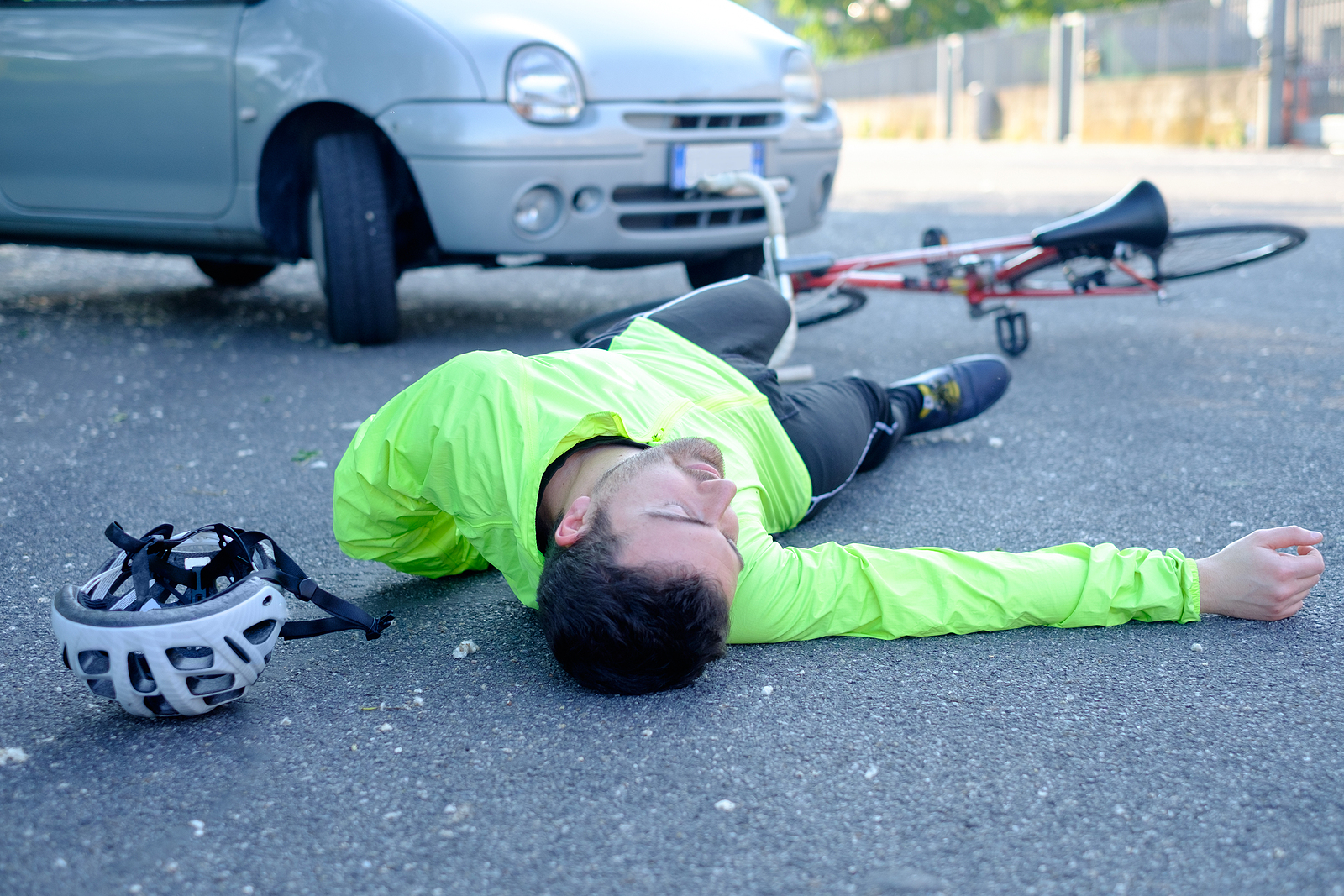What Are Colorado Biking Laws?
Colorado has strict traffic laws to protect every road user, whether a motorist, pedestrian, or cyclist. Specifically, the state has biking laws to ensure cyclists are safe when sharing the road with motorists. If you get into an accident while cycling, it’s essential to understand the legal provisions that protect your rights to help you pursue the compensation you deserve.
Denver personal injury lawyers explain that bicycles are treated like other vehicles under Colorado law. You must adhere to the street and traffic lights as a cyclist. You must also refrain from engaging in dangerous activities that put your life and other road users at risk.
Right of Way
Under Colorado traffic laws, motor vehicle drivers are expected to yield to cyclists and treat them like other cars. Cyclists should keep as far to the right as possible on the street and use bicycle lanes wherever available. Cyclists can ride two abreast in the same lane if doing so would not interfere with traffic flow
Additionally, they must signal as necessary before executing turns. Bicycle accident attorneys in Denver provide the following crucial provisions under the Bicycle Safety Act:
- Motorists should give cyclists at least three feet of room when passing
- Cyclists must ride on the right, but that doesn’t mean they must ride through potentially dangerous debris or on the sidewalk
- Cyclists can ride to the far-left right in a one-way street to allow for safe turning without crossing lanes of traffic
- It’s illegal for motorists to threaten, swerve at, crowd, or throw missiles at cyclists
- No statute requires cyclists to wear helmets.
Failure to follow bicycling laws could dramatically minimize the amount you can recover if you get involved in a bicycle accident. Courts count the victim’s degree of fault against them when awarding compensation. If you’re found to have violated local bicycle traffic laws, your compensatory award could be reduced based on your percentage of fault.
Why Do Bicycle Accidents Happen?
Bicycles and vehicles often have an uneasy relationship, partly because of poor road infrastructure and a lack of protected bike lanes. Additionally, bicycle accident lawyers in Denver say that drivers and cyclists often make mistakes that lead to crashes, such as:
- Tailgating: Some drivers become too agitated if a cyclist ahead of them slows them to the point of closing the space to force a bicyclist to yield the road.
- Distracted driving: Driving while using a smartphone or eating and drinking can be dangerous, often leading to severe collisions. Motorists who drive while distracted pay a hefty price for this behavior.
- Car doors: Cyclists sometimes cling to the side of the road to avoid cars, but this puts them at risk of being injured when a driver opens a door to exit the car.
- Poor visibility: Drivers sometimes only have eyes for other cars, fail to notice cyclists near them, and turn in front of a rider or into them as they turn right or pull out of a driveway or side street.
What Should I Do After a Bicycle Accident?
If you get involved in a bicycle accident in Denver, you have a right to pursue compensation from the at-fault negligent party. The process can be long and complex, so hiring aggressive bicycle accident lawyers in Denver is advisable to help you navigate the laws and system. They can handle the following crucial steps that lead to a successful claim:
- Investigate the accident to determine its cause
- Collect the necessary evidence to support your claims
- Determine liability by proving the party responsible for causing the accident and your injuries
- Prove negligence by showing the at-fault party had a duty of care but breached it, leading to an accident that caused your injuries and consequent losses.
- Calculate the value of your claim based on various damages you are entitled to collect
- Pursue the compensation you deserve through negotiation or lawsuit
Working with skilled personal injury attorneys in Denver enhances the likelihood of progressing through these steps with a higher success rate. Nonetheless, remember Colorado’s comparative negligence takes effect if you were partially to blame for the collision.
Comparative Negligence in Colorado
Investigations may reveal that you share some fault for your injuries. The defendant may assert the defense of comparative or contributory negligence, a harsh doctrine. Under the contributory negligence principle, you will not be entitled to compensation even if you were a little at fault for your injuries.
In Colorado, comparative negligence applies, and you can still recover damages even if you are at fault. However, the damages are reduced by your share of fault, which is expressed as a percentage. However, you must not be more at fault than the defendant to obtain compensation.
Navigating the intricacies of comparative negligence can be complex. Consider leveraging the experience and knowledge of Denver bicycle lawyers to protect your rights and ensure you get what you deserve.
A Skilled Personal Injury Attorney Protecting Your Rights After a Bicycle Accident
You have a responsibility to adhere to traffic laws in Colorado and a right to pursue compensation from the negligent party if you get injured in an accident. The process can be complex, so you should consult personal injury attorneys in Denver to help you navigate Colorado’s intricate personal injury laws.
Genco Injury Attorneys hosts dedicated bicycle accident lawyers who can handle your case to help you get the compensation you deserve. We can negotiate with the defendant’s insurance company and fight to ensure you’re not shortchanged. Focus on healing and recovery as we handle the legal paperwork on your behalf. Contact us at 720-706-7673 to schedule a FREE case evaluation.

